
The infectious disease experts around the world are currently racing to be the first to find a vaccine for COVID-19. When I was growing up in the sixties, the primary players in the Eastern and Western blocs of the Cold War were racing to be the first to land a man on the moon. Every two years athletes from around the globe compete in the Olympic Games to bring home a coveted gold medal. We seem to be a planet populated by people with an innate drive to be numero uno.
From the earliest age, we even urge our children to approach education as a competition. To be at the top of the class in order to get into the best university, in order to be offered the best job, in order to make the most money, in order to have the best possessions, in order to achieve the highest social status.
One can’t help but notice that there’s very little traffic headed in the opposite direction in any walk of life – a race for last place. Yet that is precisely the thrust of the teachings and actions of Jesus of Nazareth.
The primacy of humility
After his disciples were discovered arguing about whom among them was the greatest, “He sat down, called the twelve, and said to them, ‘Whoever wants to be first must be the last of all and servant of all’” (Mark 9:35).
When asked by his disciples who was of greatest importance in the kingdom of God, this was his response. “Truly I tell you, unless you change and become like children, you will never enter the kingdom of heaven. Whoever becomes humble like this child is the greatest in the kingdom of heaven.” (Matthew 18:4-5)
The parable of the tax collector and the Pharisee, as well as the parable of invitations to a wedding banquet, end with the same message. “All who exalt themselves will be humbled, and all who humble themselves will be exalted.” (Mt. 23:12)
The example of his life
And his words were not empty. He backed them with the way he lived. He obeyed the Father’s plan and became one of us. Was conceived in the womb of a teenager. Was nursed, changed, bathed, and rocked; dependent like any other infant. Studied to learn, was apprenticed in a trade, and grew and matured through adolescence to adulthood. Lived in anonymity at home working in the family business through his twenties. Began his ministry by humbling himself in the Jordan River while asking to be baptized by his older cousin. Fasted and prayed in the desert to prepare for his mission. Chose to be homeless and to live in poverty throughout his mission and required his disciples to do the same. Preferred to eat and drink with the marginalized and scorned in Jewish society. Carried out the lowly task of washing his disciples’ feet, a role usually assigned to the least of the household servants. Gave his own body and blood to be spiritual food for every generation to follow. Allowed himself to be falsely arrested and condemned in a hastily constituted trial under the guise of night. Offered no defense from the spittle and blindfold, the mocking and striking, the scourge of the whip, the thorny crown, the shame of the stripping, the anguish of the nails, and the agony of the hanging for three unbearable hours. “And being found in human form, he humbled himself and became obedient to the point of death – even death on a cross” (Phil. 2:8).
His post-resurrection humility
His testimony did not even end with the burial of his body. The first words from his lips when he appeared to his friends following his resurrection were “Peace be with you” (John 20:19). He entered the upper room not to berate them for their desertion and denial, but to offer them reconciliation. He could have so easily given the “I am so deeply hurt and profoundly disappointed in you” speech. I think I would have. Furthermore, he didn’t appear to his enemies to prove his divinity or to manifest vengeance. He could have so easily visited the Jewish leaders who accused him of blasphemy and asked them if they wanted to reconsider. I think I would have made a cameo appearance to Pilate too. His restraint was perhaps an even greater proof of his divinity than his appearances. And if any further evidence is needed to demonstrate the humility of God, consider this. He lives in every single one of us. Think of the person you find most annoying or irritating or even detestable. The one you can hardly tolerate for more than a few minutes. Then think of the Spirit of God’s continual presence within that same person.
But is it all worth it? This race to last place. Peter posed the question for us when he asked what they could expect from putting everything aside to follow him. Jesus made this promise. “And everyone who has left houses or brothers or sisters or father or mother or children or fields, for my name’s sake, will receive a hundredfold, and will inherit eternal life” (Mt. 19:29).
I’ve heard the Franciscans refer to it as downward mobility. The race to last place. Very little competition. But unimaginable reward.
In his humility Christ entered the dark regions of our fallen world and be glad that he became so humble for our sake, glad that he came and lived among us and shared in our nature in order to raise us up again to himself. And even though we are told that he has now ascended above the highest heavens – the proof, surely, of his power and godhead – his love for man will never rest until he has raised our earthbound nature from glory to glory, and made it one with his own in heaven.
From an unknown source in the liturgy of the hours


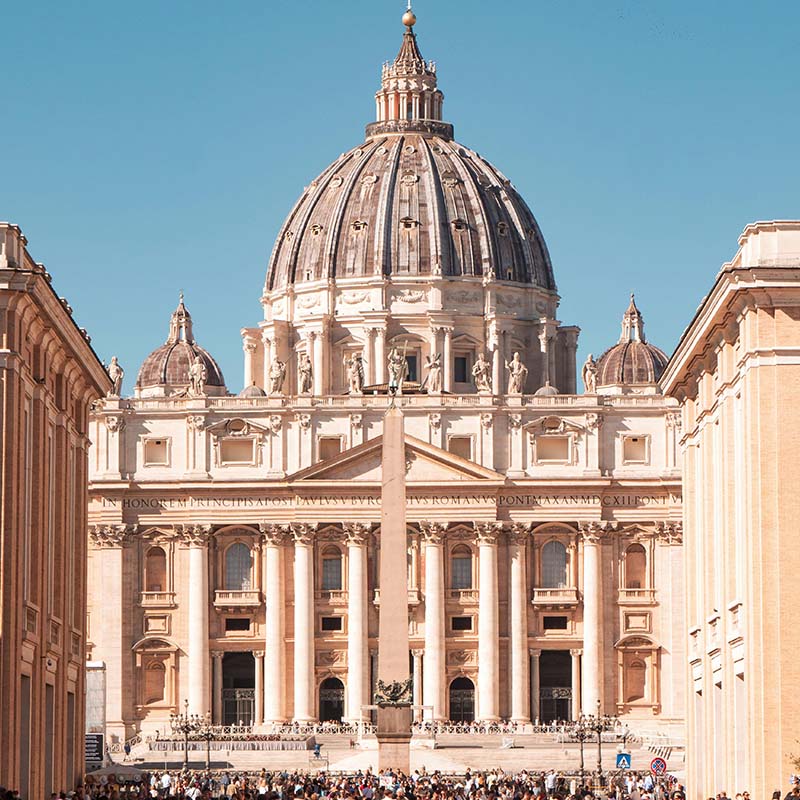


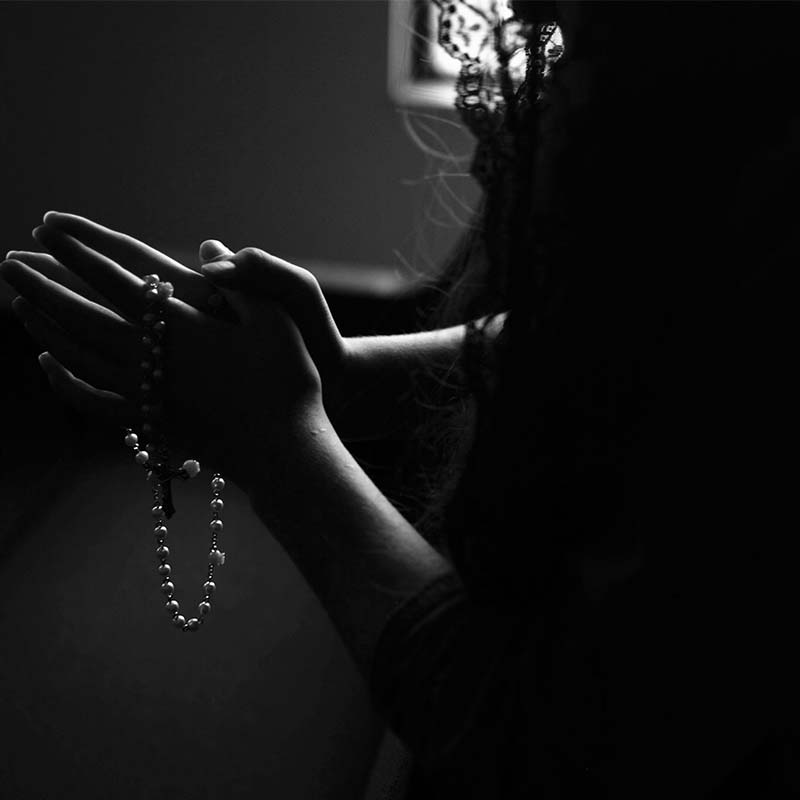
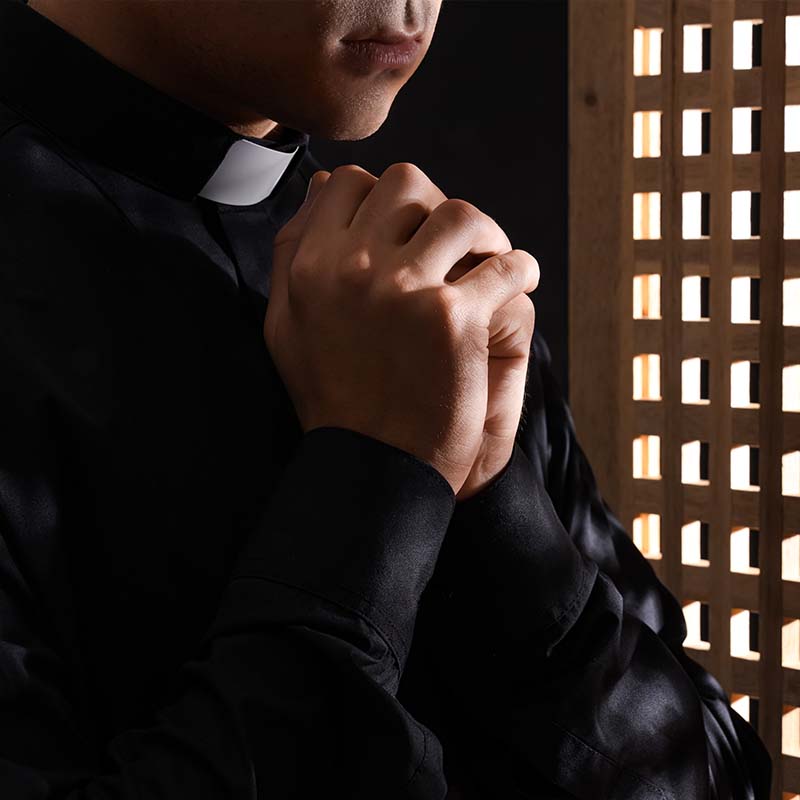

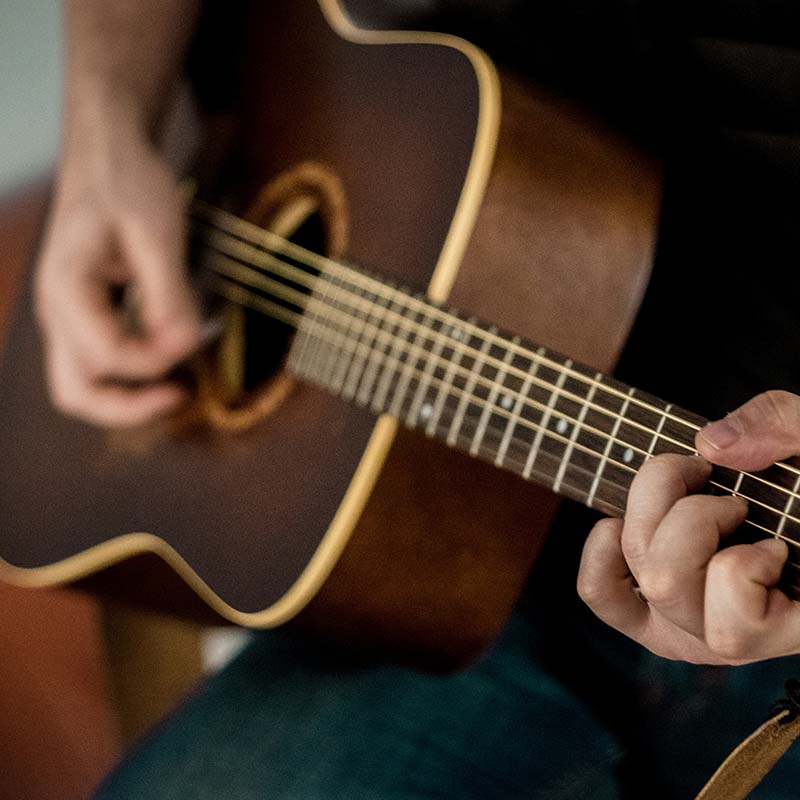


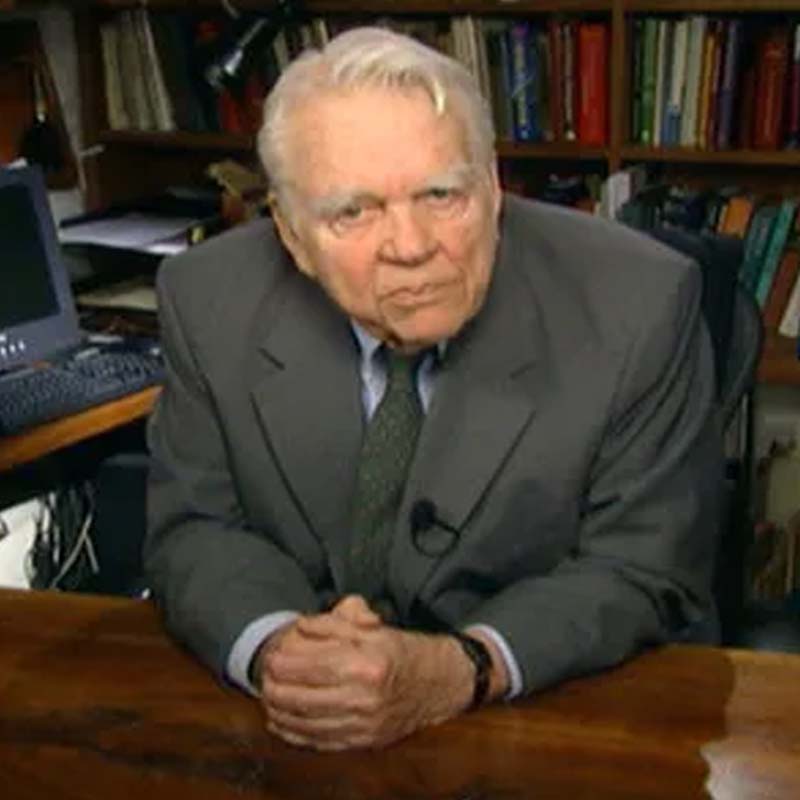

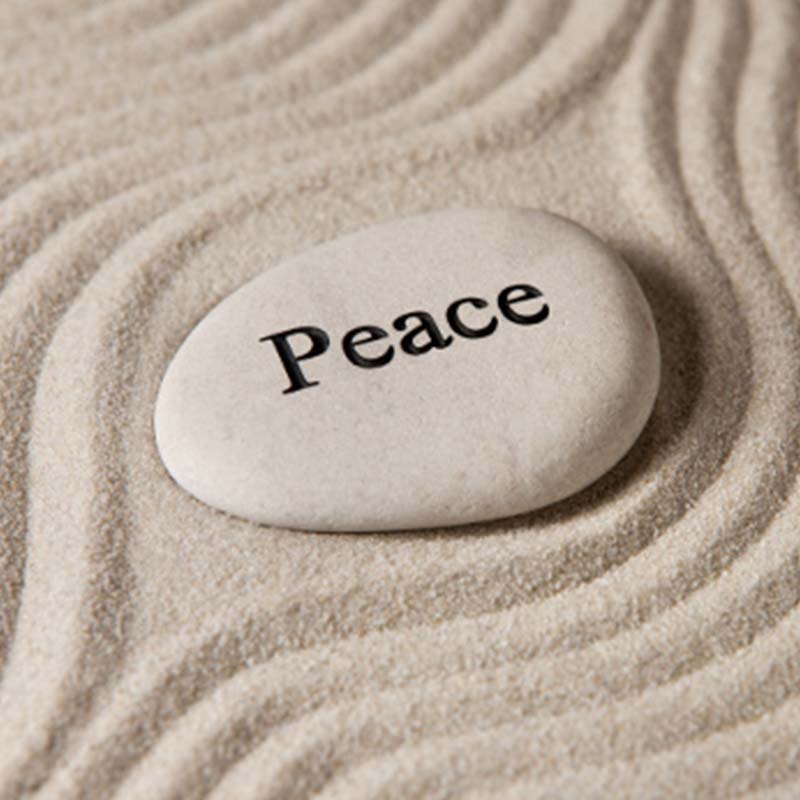



3 Responses
Hi Tom,
A great meditation for those who live a lifestyle of merciful atonement!
Fr. David
Thank you for your meditation and witness. God bless you, Tom.
Tom – Excellent meditation. I believe that Pope Francis is making this same point in Fratelli Tutti. Thanks and keep up the good work.